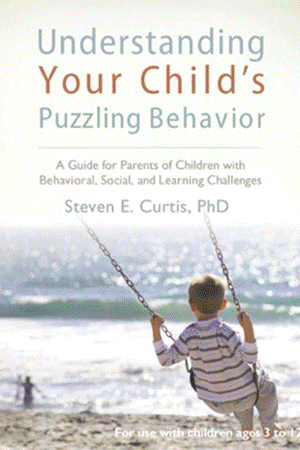 There are many different views, categories, and experts speaking-out about Dyslexia. There are different theories and opinions from educators, psychologist, geneticists, and special type of scientists called neurologists.
There are many different views, categories, and experts speaking-out about Dyslexia. There are different theories and opinions from educators, psychologist, geneticists, and special type of scientists called neurologists.
The classification buckets are different depending upon the expert’s purpose and perspective. Educators want to make the variations of Dyslexia and Learning Disabilities into fewer categories for the economies of training the teachers and tutors. Psychologist like to talk more about the learned behaviors, methods to cope and possibly overcome the psychological detriments of these conditions.
I like the approach of neurologist because they are investigating the source causes from neurological differences that are often inherited.
Dyslexia, in in broadest sense, is when a person has difficulty learning his native language. When its much more difficult than the general public. “Dysfunctional Language Capability” might be one way to describe it.
Educators like to focus on the outward symptoms of what is hindering the development of reading and writing skills. In schools, reading and writing has been the most popular way of learning and communicating what you have learned for hundreds of years. Students with visual processing disorders are slower at either recognizing and/or recreating the sequence of symbols that are use to communicate meaning. Some students have a hard time recognizing and remembers which direction letters face on a page. The patterns of a B, a E, a F, or a P be remembered as having the circle(s) or lines attached to the side of the main vertical line. It hard to discern and remember whether the attachment is the left or right sides. This may not affect reading but certainly causes a problem when trying to write correctly. This writing problem is very visual and very easy for a teacher, parent, or non-dyslexia peer to notice the mistake. This symptom of dyslexia is the most common way that people notice and describe a dyslexic. However, there is so much more.
A more common problem of dyslexia has to do with an audio processing disorder where it is hard to learn how to recognize the sounds and the meaning of what people are saying. Since most teaching has been done orally, this hinders all learning until a student gets a good command of words and sentence structure. Then learning can go on without a teacher talking about it but then you have the problem of verbally communicating what you are learning. Students may have acquired at lot of knowledge but if they can’t talk about it effectively, who would know. You are only as smart as you sound or as smart as you can write about what you have learned.
A focus on phonics is a great start to help those with audio processing disorders. Multi-sensory is a new buzzword and methodology since more can be used than the eyes and ears to communicate. Immersive activities, touch, interactivity, manipulatives, hand jesters, and body movements are now being recognized as very helpful in making learning a more wholistic experience. Teachers are now using computerized games, audio, video, role-playing, and other activities in the classroom but these are usually after the basic language skills are learn rather than to assist in the beginning of learning a language.
I confess, that I have my own prejudice since I have audio processing disorder that has affected my ability to process linear verbal communications coming in and constructing communications go out unless I have structure, experience, and more points of reference than the streaming audio coming into my ears. I memorize by creating diagrams, a chart, a story, humor, and elaborate relationships between real and ficticious objects. When I reach back into my mind to bring something back into speaking, I often have some quick analysis to prepare for linear spoken communication . . . something than can be understood.
Rules of how to construct sentences and pronounce words are very help to go from my thinking world to my spoken world. When I’m tired, I’m tired of communicating. Though I’m quite efficient, it takes some extra unique processing to listen intently and speak coherently.
One of the reasons this website is titled “Gordon’s Mind” is too share more about my mind and how it works so that children and adults that have similar tendencies can gain confidence in the weakness and recognize the great strengths of being different that the majority in how they listen, memories, and speak about personal and not so personal subject matter. Many intelligent, creative dyslexics can make great contributions because of their different experience of life. They can help “round-out” the overall perceptions, plans, and progress of a family, a team, a project, a company, and society as a whole. I embrace diversity and I’m getting more confident myself in sharing my thinking, my conclusions, and creative expressions in speech, writing, art, animation, video, website content, and many other media.
No Comments Yet